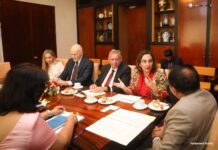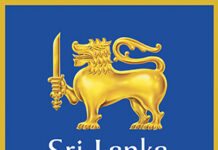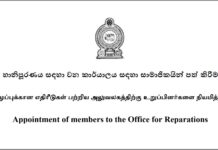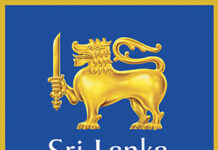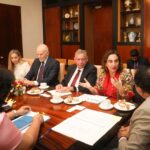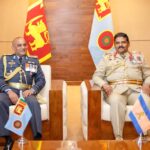Marking the tenth anniversary of the Global Accessibility Awareness Day (GAAD) and to drive more collaborations on disabilities inclusion in South Asia, Facebook and GSMA hosted a virtual industry discussion. The panelists included Charitha Ratwatte, Head of Sustainability, Dialog Axiata Sri Lanka, and representatives from Facebook, G3ict, DeafTawk in Pakistan, and a2i in Bangladesh.
Persons with disabilities are often excluded and marginalised in society due to a lack of access to opportunities and services. Assistive technologies (ATs) are systems and services designed to improve access for persons with disabilities and help them overcome some of the physical and social barriers.
There are an estimated 690 million persons with disabilities in the Asia Pacific region and unfortunately ATs are still largely inaccessible to them. Action is required to reach this underserved segment of the population and to address the barriers and requirements of persons with disabilities, drive innovation and place them at the heart of the design process.
Speaking at the event, Michael Nique, Senior Director, GSMA Assistive Tech, said, “Removing the barriers faced by persons with disabilities requires informed action from all stakeholders. Tech and mobile industry, for example, need to consider accessibility needs and methods early on, and increase the number of persons with disabilities in the development and testing process. By doing so, we can make meaningful change and help ensure no one is left behind in an increasingly digital world”.
Monica Desai, Global Head of Connectivity and Access Policy, Facebook, shared some of the company’s recent initiatives and innovations in this area, including the GAAD pledge that Facebook took last year and the commitment to making the React Native open-source framework fully accessible.
“We, at Facebook, believe that access is an opportunity and when everyone is connected, we all benefit. Our goal is to make it possible for anyone, regardless of ability, to access the information and connections that happen on Facebook. We are excited to continue advancing accessibility and building collaborations to make more progress on inclusion for persons with disabilities in South Asia, and around the world,” said Monica Desai.
Panelists at the webinar agreed that digital innovations could bridge the access gap to ATs. They also discussed how the current global health crisis presented immense challenges acutely felt by persons with disabilities, but it also brought advancements in accessibility.



